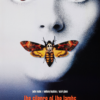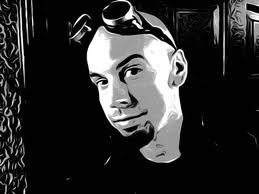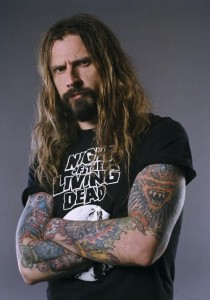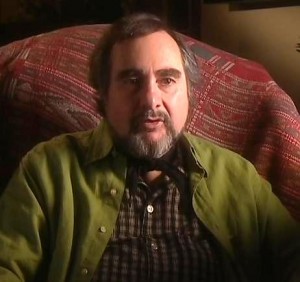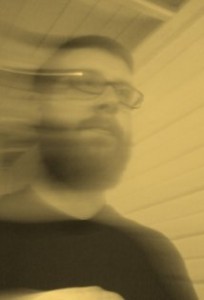Creativity is not only for the chosen ones. Even famous writers often face a lack of inspiration and need to practice creativity to improve their writing skills. If you come up with such a problem, do not be obsessed — all you need is to follow some useful tips that can help boost your creativity to the highest level.
10 Useful Tips to Boost Your Creativity
Undoubtedly, everything requires practice, and creativity is not an exception. Sometimes, students seek the assistance of writing services — you can read some essay writing service reviews to find out whether it is effective or not. Also, some methods and techniques can improve creative writing. Here you can find helpful advice and some techniques for practicing creativity and improving writing skills.
Find the Person to Inspire
The first thing to do if you lack inspiration is to find a creative person from whom you can get some insights. If you have a favorite writer, read more of his/her essay samples and literary works. If the author of your book is a modern writer and is still alive, you can watch or read an interview. Writers often share some secrets about how they find inspiration or practice their creativity. All in all, you should learn from the bests but not copy them.
Create a Person Based on Someone You Know
The next useful method to practice creativity is to create a character based on your best friend’s personality, relative, or just a person you know very well. Writers often create different characters, especially main ones, by choosing a prototype which is a real-life person. It will be easier to describe your friend, as you know how this person acts in different life situations and what personality traits he/she possesses.
Make Checklists
The majority of books on how to improve writing skills recommend making checklists to practice creativity. Right from the moment you have an idea in your mind about what to write, start making a checklist of the details you will need to develop a storyline. Think about everything you should consider while writing a story, novel, or something else — do not forget to include the description of the environment, details about the character’s traits of personality, their appearance, and so on.
Practice Freewriting
Practicing freewriting is also an excellent way to help you master your writing skills and boost your creativity. Freewriting is when you write without any specific structure, notes, outlines, editing, and so on. Thus, all you need is to follow a flow of mind. Stream of consciousness often helps to find words and plot to write about. When you try it for the first time, you may get something that is impossible to read. But if you will continue to practice, you will improve your writing technique and free your creativity.
Find the Environment that Inspires You the Most
One more helpful piece of advice is to change the environment. Those people, who spent a lot of time sitting and writing at the same place, lack inspiration and creativity. You can try to write in another place; for instance, go to a local cafe, relax for some time, drink some tea or coffee, and then start writing. You will be amazed at how a new place can change your perspective and improve your writing skills.
Use Mind Maps
Students often consult various useful websites to find out some useful tips or writing techniques to boost creativity. Some of them recommend applying mind maps and flowcharts in the writing process. The main aim of mind mapping is to visualize the idea and main concepts that will be the background for your piece of writing. Draw a bubble in the middle of the paper and write the central topic in it. Then, place subtopics around the main subject and add some details for each. In the end, you will have a clear vision of what you are going to write.
Try the Snowflake Method
The snowflake technique is the next useful method to practice creativity. It is a type of brainstorming when the writer starts with the basic story summary and then moves to additional elements. Before starting a novel, describe a bid idea in 1-2 sentences. Then, transform these sentences into a finished paragraph by adding some characters and their main personality traits. Continuing writing in such a manner will help you create a storyline and plot and end with the finished novel or other writing pieces.
Get Outside More Often
This advice is very simple and may sound trivial. To enhance your creativity, you should get outside as often as it is possible. Fresh air has a good effect on the brain and process of thinking. Also, you can go for a walk in your favorite place. After your walk, you will be full of positive emotions, energy, and new ideas and insights, which you can apply in writing.
Search for New Emotions
Positive emotions and new experiences are also necessary for improving your creativity. Sometimes, a person needs new impressions to feel the flow of creativity. You can start a new hobby or just travel somewhere. With the arrival of new emotions, the person often feels inspired and full of ideas. That is why do not forget to search for various experiences to improve your creativity.
Meditate
Meditation is also a good way to ease the process of writing and find additional inspiration. If you want to have good creative writing skills, it does not mean that you should spend all your time practicing. Of course, you should have enough time for relaxation. You can try to meditate. During this activity, you will free your mind and increase your creativity. After practicing meditation, you will be open to new ideas and insights.
Final Words
All in all, various techniques and methods help one practice creative writing. Nevertheless, do not forget that, sometimes, you just need to have a rest and search for new emotions — all these will definitely help you feel more inspired.
